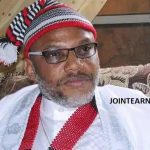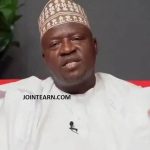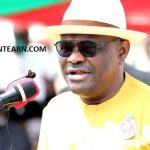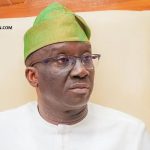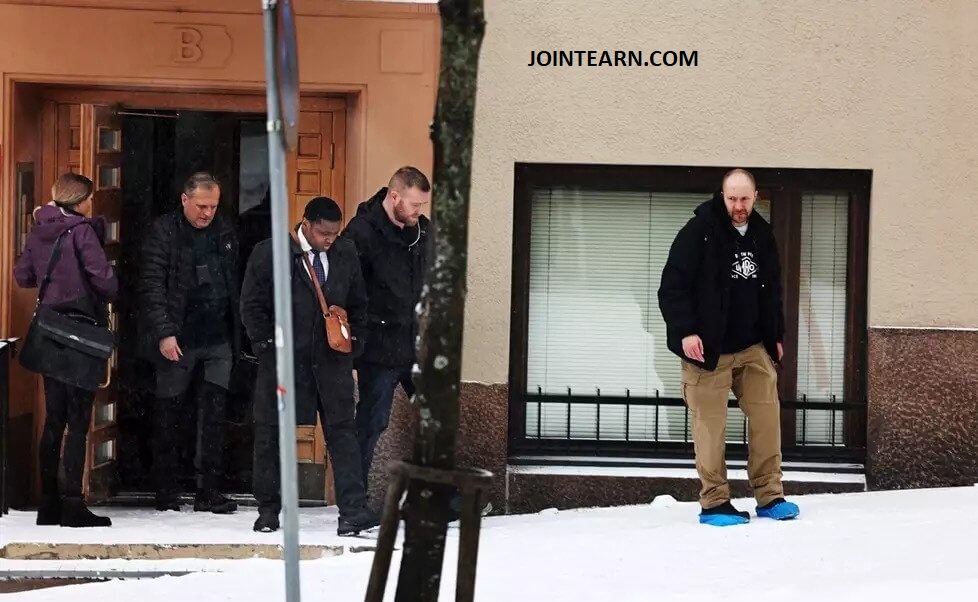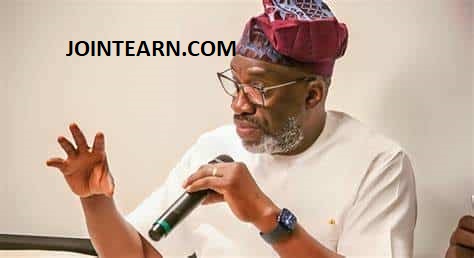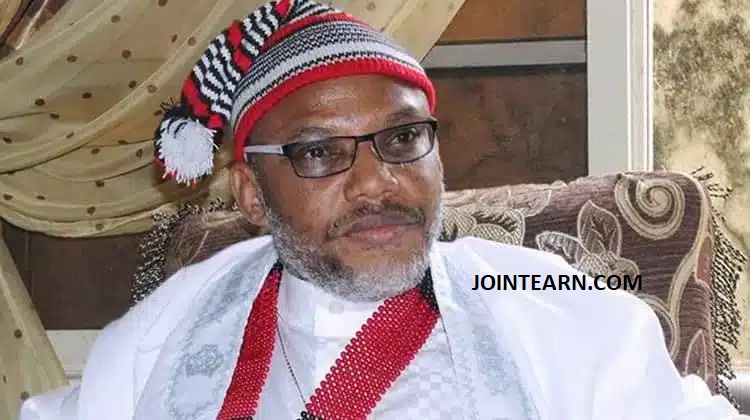In a significant diplomatic development, Finnish authorities have reportedly approved the extradition of Simon Ekpa, a prominent Biafran separatist agitator, to Nigeria. Ekpa, who has been operating from Finland as a self-acclaimed leader of the proscribed Indigenous People of Biafra (IPOB), faces charges related to incitement, terrorism, and actions threatening national security in Nigeria.
The decision by Finland follows months of growing pressure from the Nigerian government, which has consistently accused Ekpa of using social media platforms to incite violence, enforce sit-at-home orders in the South-East region, and promote unrest through his controversial broadcasts and directives.
Finnish Approval and Legal Proceedings
According to reliable diplomatic sources, the Finnish Ministry of Justice, after a thorough legal review, concluded that Nigeria’s extradition request met the requirements stipulated under international and Finnish laws. The Finnish courts reportedly examined evidence provided by Nigerian authorities, which included videos, digital correspondence, and testimonies linking Ekpa to violence and civil disruptions in Nigeria.
The final greenlight came after Finnish law enforcement agencies assured that due process and the rights of the accused would be protected upon extradition.
“The Finnish government has carefully considered the legal and human rights implications of this extradition,” an anonymous official in Helsinki disclosed. “We understand the sensitivity of the case, but our actions are based strictly on legal grounds and international cooperation agreements.”
Nigeria’s Case Against Ekpa
Simon Ekpa, who claims leadership of a breakaway faction of IPOB, gained notoriety for his frequent online broadcasts calling for the secession of Biafra from Nigeria. He has been accused of ordering and encouraging civil disobedience actions such as sit-at-home protests, which often turned violent.
Nigerian security agencies have linked several killings, arson attacks, and threats in the South-East region to his directives. Authorities allege that Ekpa’s influence has worsened insecurity, disrupted commercial activities, and led to significant loss of lives and property.
In March 2023, the Nigerian government formally requested Ekpa’s extradition, submitting a dossier to Finnish authorities. The request cited violations of national security, incitement to terrorism, and criminal conspiracy.
The Attorney General of the Federation at the time, Lateef Fagbemi (SAN), emphasized that “Nigeria is not against freedom of speech or political expression, but when such freedoms cross into inciting violence and threatening lives, they become criminal matters.”
Background: Who Is Simon Ekpa?
Simon Ekpa, a Nigerian-born legal practitioner and political commentator based in Lahti, Finland, rose to prominence following the arrest of IPOB leader Nnamdi Kanu in 2021. Ekpa positioned himself as Kanu’s successor and continued the push for Biafran independence, operating largely through digital platforms and online activism.
While IPOB has distanced itself from some of Ekpa’s tactics, especially the enforcement of violent sit-at-home orders, he continues to command a significant following among some pro-Biafra agitators. His activities have remained controversial, drawing criticism from human rights groups, political leaders, and citizens affected by the unrest in the South-East.
Reactions from Nigeria
News of the extradition approval sparked a wide range of reactions across Nigeria. While government officials have welcomed the decision, several human rights advocates and civil society groups are calling for transparency and due process in his prosecution.
An official in the Ministry of Foreign Affairs who asked not to be named described the extradition as “a victory for justice and the rule of law,” noting that Ekpa’s actions from abroad have had direct consequences on lives back home.
Security analyst and former DSS director Mike Ejiofor, in an interview, said the decision was timely. “For too long, people have taken advantage of distance and international boundaries to commit crimes against the Nigerian state. This shows that those who incite violence from afar can be held accountable.”
However, human rights lawyer, Barr. Chidi Anunobi, cautioned against any abuse of rights. “Extradition should not become a license for unlawful detention or unfair trial. Ekpa, like every accused person, is entitled to legal representation, a fair trial, and humane treatment.”
Possible Timeline and Legal Challenges
While the extradition approval has been granted, Ekpa’s legal team in Finland is expected to file an appeal, which could delay his actual transfer to Nigeria. Under Finnish law, individuals facing extradition have the right to contest the decision in court. The appeal process may last several weeks or even months, depending on the legal arguments presented.
If extradited, Ekpa is likely to be tried in a Federal High Court in Nigeria under terrorism-related laws, including the Terrorism Prevention Act and other national security legislations.
IPOB and South-East Response
IPOB has yet to release an official statement in reaction to the development. Meanwhile, some community leaders in the South-East have expressed hope that Ekpa’s extradition will help reduce the climate of fear and disruption that has plagued the region.
“We just want peace to return,” said Chief Okechukwu Nwosu, a traditional ruler in Anambra State. “Our markets, schools, and transport systems have suffered because of constant threats and shutdowns. It’s time to end this chapter and focus on rebuilding.”
Conclusion
The extradition of Simon Ekpa, if successfully carried out, could mark a significant shift in how Nigerian authorities handle diaspora-based activism linked to domestic unrest. It also sends a strong signal to others engaging in incitement and extremism from abroad that international borders are no longer a shield against accountability.
While his extradition is yet to be finalized, Nigeria’s legal and security institutions are preparing for a high-profile trial that could have far-reaching implications for the ongoing Biafra agitation and the broader conversation around national unity and justice.


